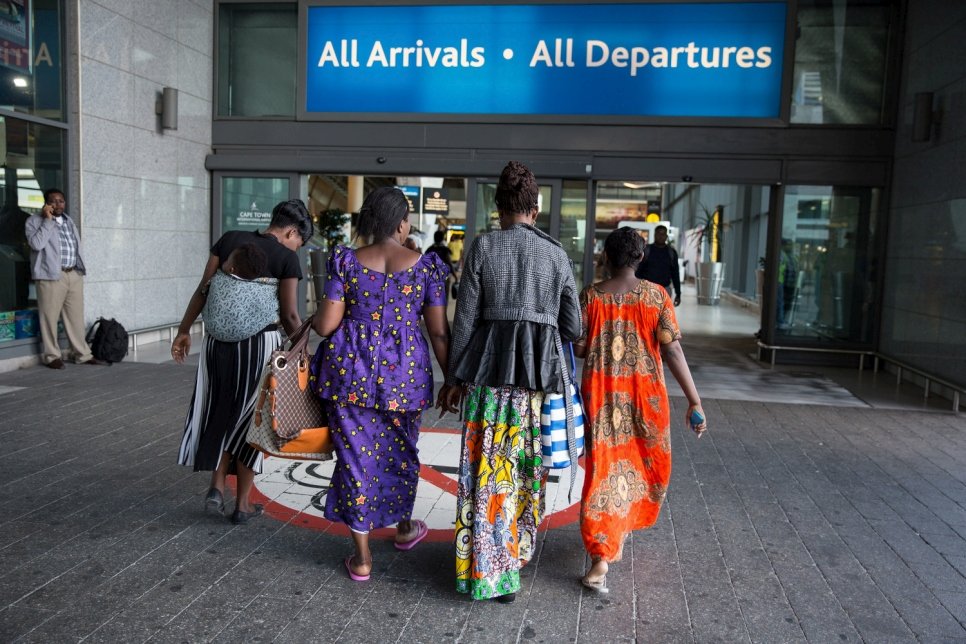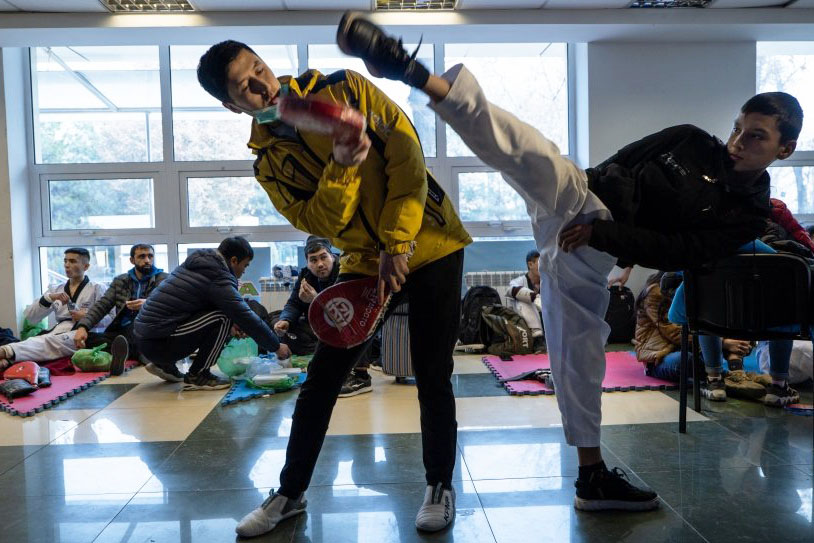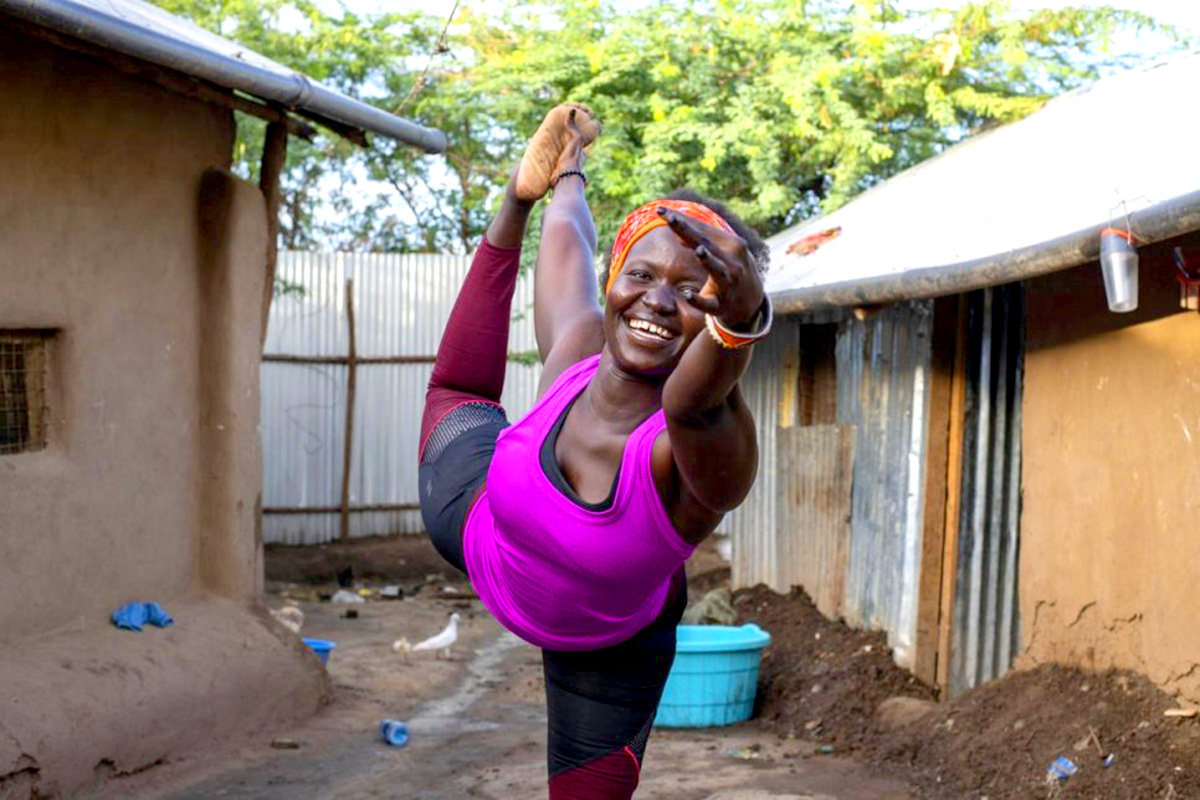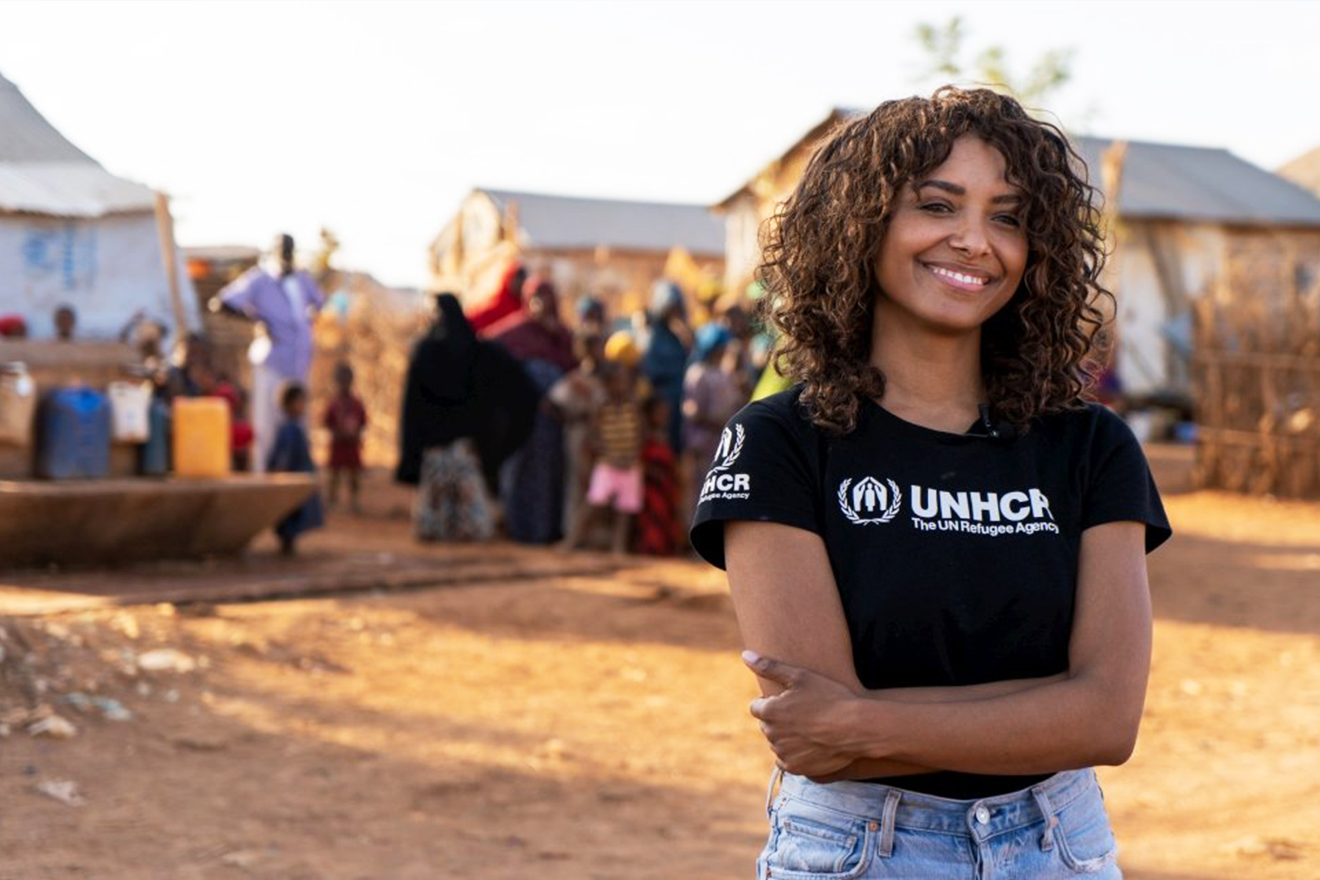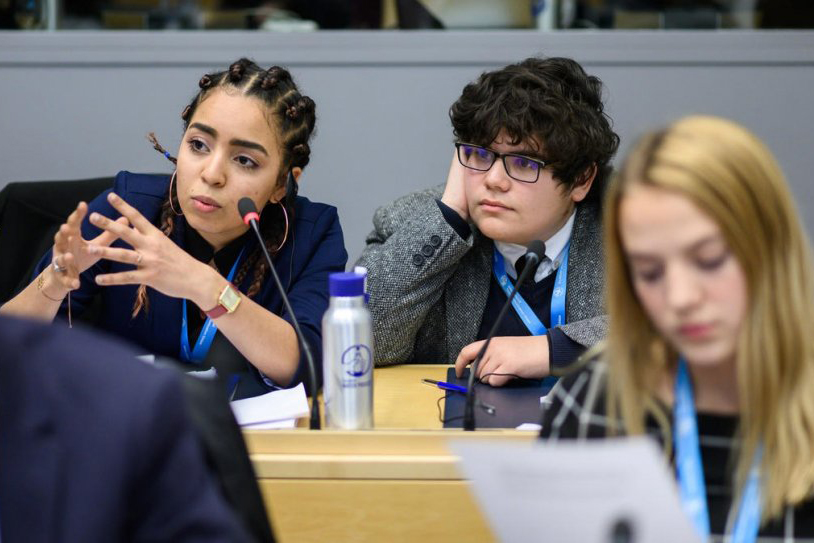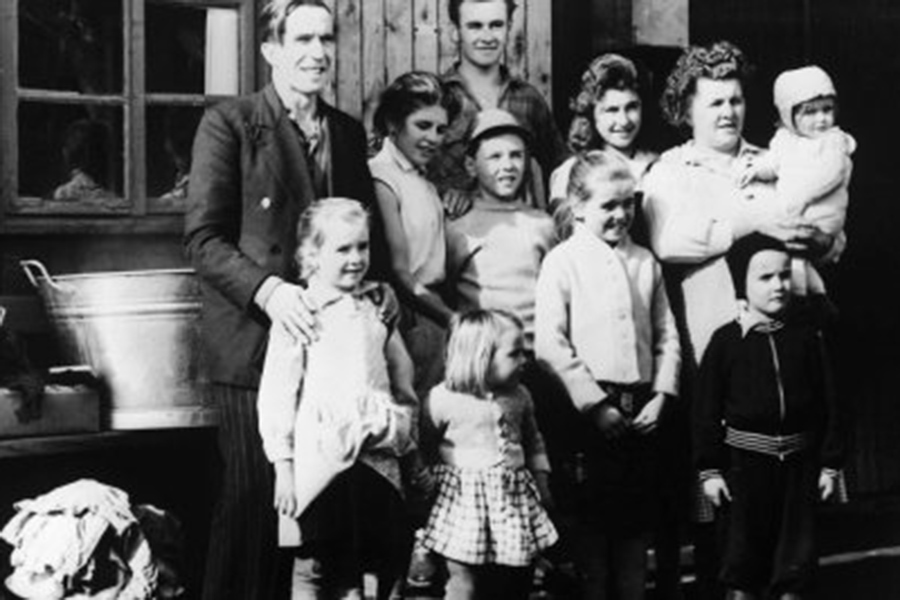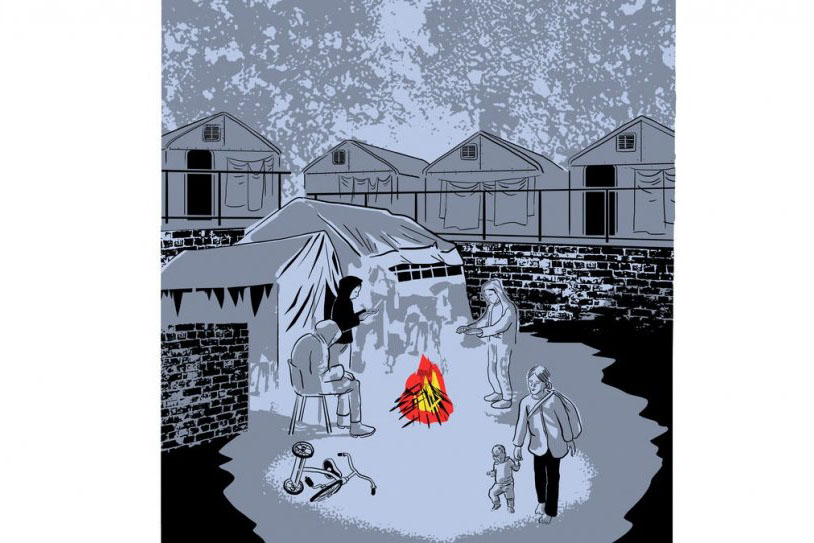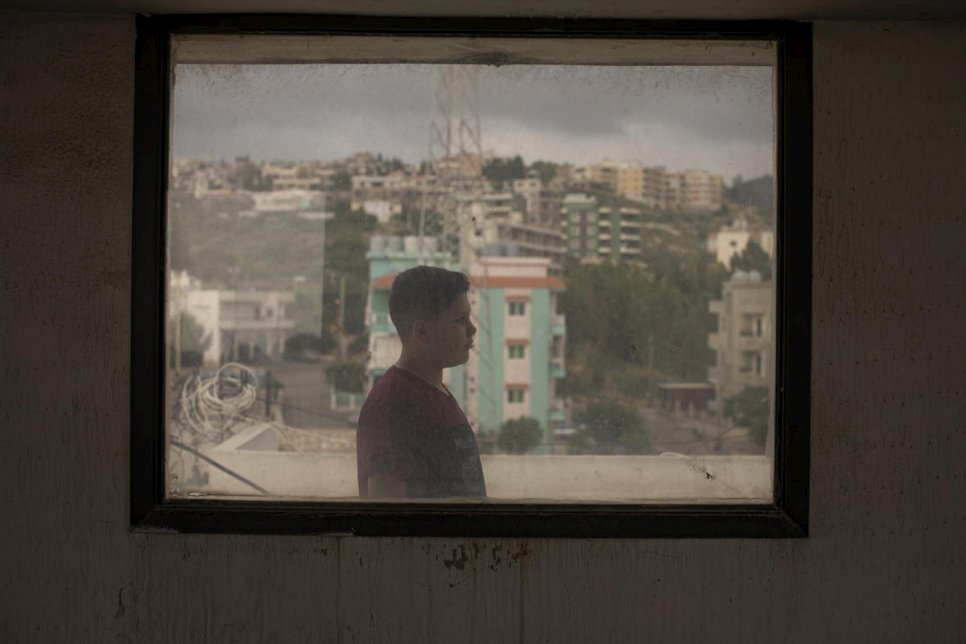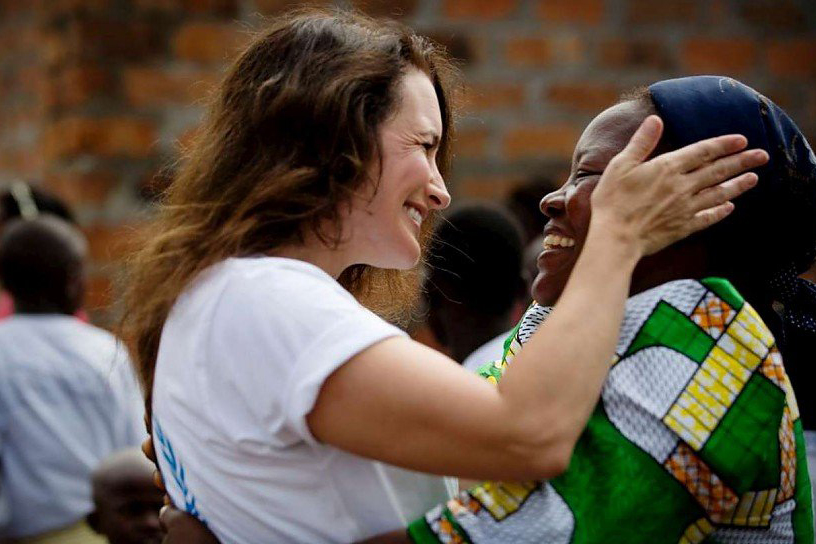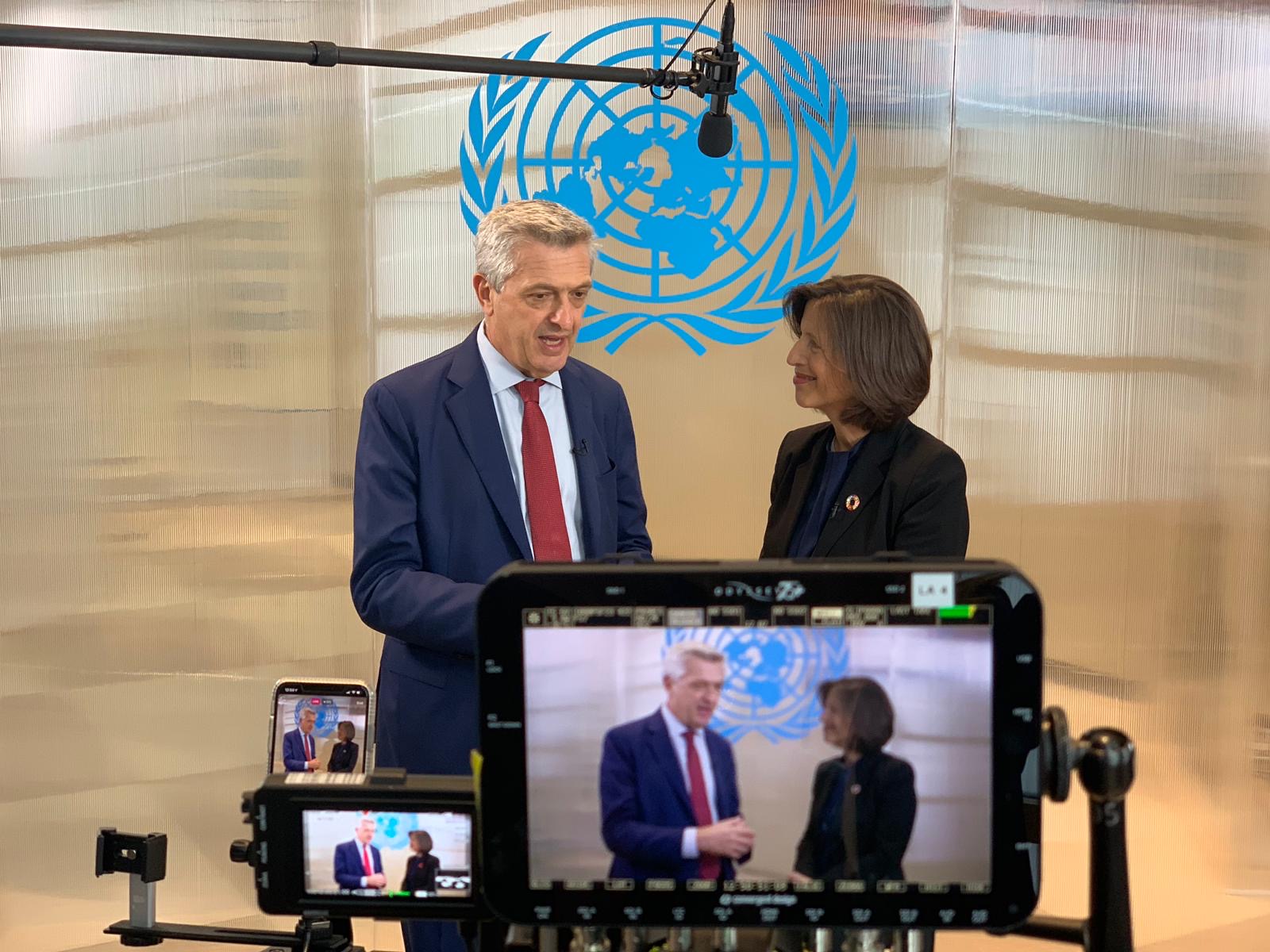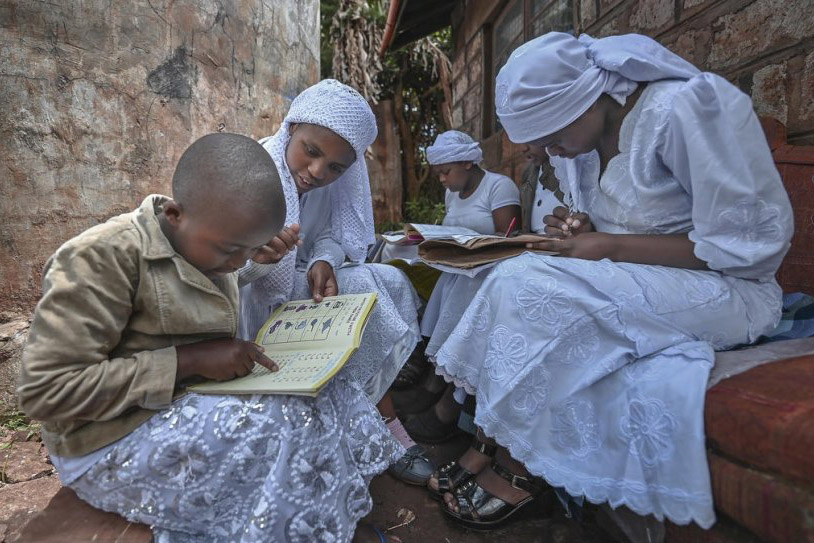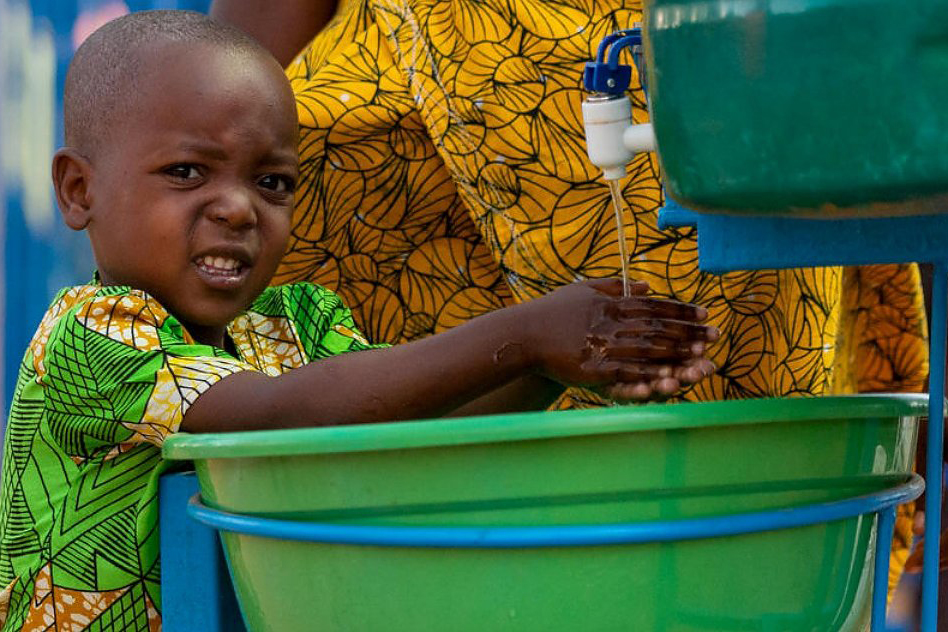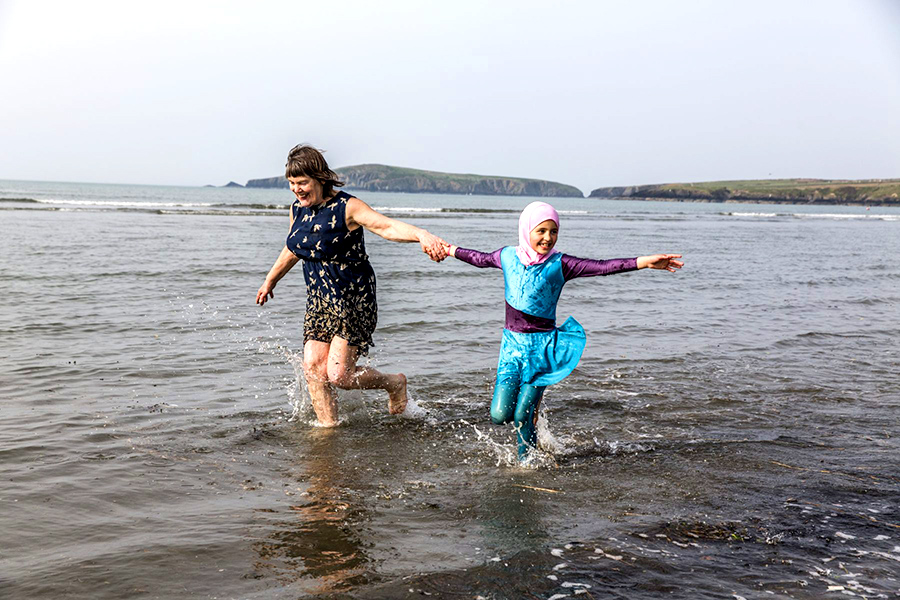In a data visualization project entitled ‘Livelihoods, food and futures: COVID-19 and the displaced,’ UNHCR collated statistics from numerous sources to shed more light on the effects of the pandemic on poor and vulnerable people. The storymap illustrates the drastic falls in levels of employment and income in within displaced communities since the onset of the pandemic. It also explores how families are coping to meet basic needs, in many cases forced to cut corners because of shrinking household budgets.
UNHCR
Despite an estimated 1.44 million refugees in urgent need of resettlement globally, only 22,770 were resettled through UNHCR, the UN Refugee Agency, last year. These are the lowest refugee resettlement numbers the agency has witnessed in almost two decades. The drop stems from low quotas put forward by states, as well as the impact of the COVID-19 pandemic, which delayed departures and programmes. With 85 per cent of the 20.4 million refugees under UNHCR’s mandate hosted in developing regions, resettlement is a tangible way in which states can better protect refugees, demonstrate solidarity and support host countries.
Mukhamadjon and his student prepare for a fight at Uzbekistan’s Taekwondo Federation. Mukhamadjon was born to ethnic Uzbek parents in the Kyrgyz Republic in August 1991, just four months before the Soviet Union collapsed. Towards the end of 1992, the family moved to Namangan, but they were too late to claim citizenship and their son became stateless. “I was the Uzbek champion in kickboxing and there were moments when my coach wanted to send me for international championships abroad, but … there would always be problems with the visa,” he says. “When it came to my sporting career, it was an obstacle.” Mukhamadjon Turgunov became an Uzbek citizen this year after being stateless for 28 of his 29 years.
For most people, 2020 cannot end soon enough. The COVID-19 pandemic has killed nearly 1.8 million people and caused extreme hardship. As the year comes to an end and vaccinations begin, many are hopeful the virus can be contained. But the socioeconomic effects of the pandemic could be felt for years – especially in the world’s least developed countries, where most of the world’s forcibly displaced people live. The UN Refugee Agency remains hopeful. Forcibly displaced people have shown us what it means to be resilient, and what it takes to overcome a crisis.
Kat Graham appointed UNHCR Goodwill Ambassador
Swiss-born American actress, singer and human rights activist Kat Graham is UNHCR's newest Goodwill Ambassador. Since 2013, Graham has been working with UNHCR as a High-Profile Supporter to bring attention to the plight of the world’s displaced. From a Liberian and European-Jewish background, Graham’s ancestors were once refugees. “It’s not lost on me that if my grandfather had been killed while fleeing for his life, or my grandmother was taken to a concentration camp during the Holocaust, I would not be here today [...] During the time of my grandparents, refugees often didn’t have anyone to speak up for them [...] I pledge to speak up for the refugees of today."
At the beginning of 2020, UNHCR, the UN Refugee Agency, challenged students to tackle issues related to forced displacement during their debates. The reward? Getting their best ideas shared with policy-makers. More than 20,000 students in 75 countries accepted the MUN Refugee Challenge. They collectively drafted “resolutions” which were reviewed by a panel of experts and young refugees. Here’s a summary of the winning ideas and some of the thinking behind them.
This month, the UN Refugee Agency turned 70 years old. For an organization that should have ceased to exist after three years, it is an uncomfortable birthday that it is not in the mood to celebrate. After WWII, UNHCR had the task of finding homes for Europe’s refugees. Brought into being on 1950, its mandate was time-limited and explicitly non-political, as if its existence was a reminder of miseries that were best swept away along with the rubble. Since, UNHCR has been called upon time and again to do whatever it can to protect vulnerable people uprooted from their homes.
The Twitter community drew images of what it means to be warm for Neil Gaiman's poem, animated by UNHCR to raise life-saving funds for Syrian refugees left out in the cold.
2020 will be a record low for refugee resettlement, UNHCR has warned. “We are dealing with a disappointingly low resettlement ceiling to begin with - a quota of less than 50,000 for the entire year - and this was further impacted by COVID-19 delaying departures and pausing some states’ resettlement programs,” said UNHCR’s Assistant High Commissioner for Protection, Gillian Triggs. According to latest UNHCR data, only 15,425 refugees were resettled from January to the end of September this year, compared to 50,086 over the same period last year. “Current rates point to one of the lowest levels of resettlement witnessed in almost two decades. This is a blow for refugee protection and for the ability to save lives and protect those most at risk,” said Triggs.
Sex and the City co-stars Kristin Davis and Cynthia Nixon chat about their go-to films for inspiration and what the world needs to fight the coronavirus.
Proud camels and peaceful doves: gifts with meaning
"This is why exile, refugee exile is so devastating, because it is the admission to oneself, that home is not safe anymore. There are very few decisions that a human being can make, that are as difficult as choosing the path of exile. And this is what displaced and refugees do.” Filippo Grandi, the United Nations High Commissioner for Refugees, is recovering from Covid-19, and says it's given him a sense of the fragility of life. He says the socio-economic effects of the epidemic, including rising poverty, are especially dire for refugees and displaced people.
‘I want all Shona women to see that they can be anything they want’
As the pandemic surges, data visualization shows how displaced people have to contend with extreme overcrowding and limited access to basics such as soap and water.


